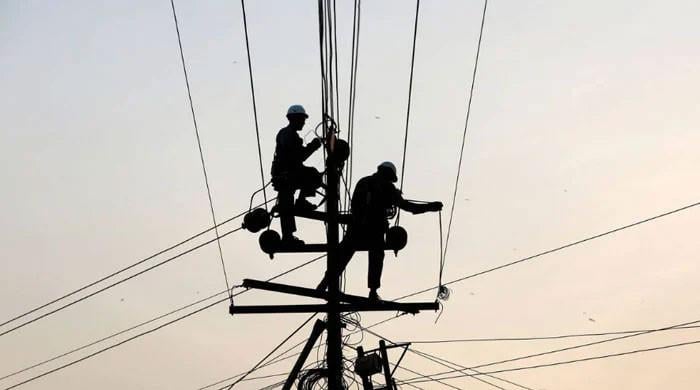Summary:
- The National Electric Power Regulatory Authority (Nepra) has increased K-Electric’s tariff by Rs5.76 per unit due to fuel adjustment charges.
- This adjustment will impact electricity bills for October and November, with Rs2.59 added for May and Rs3.16 for June.
- The rise follows recent tariff hikes and comes amidst criticism and a subsidy announcement from the Punjab government.
On Wednesday, the National Electric Power Regulatory Authority (Nepra) imposed a significant increase in the electricity tariff for K-Electric consumers, raising the rate by Rs5.76 per unit. This adjustment, driven by fuel cost variations, will be reflected in the bills for October and November. Specifically, Nepra has approved an addition of Rs2.59 per unit for May’s bills and Rs3.16 per unit for June’s bills.
This new charge applies to all K-Electric consumers except for Electric Vehicle Charging Stations and lifeline consumers. Nepra has directed K-Electric to clearly outline these adjustments in the bills according to the units billed during the relevant months.
The tariff increase comes shortly after the federal government raised the base tariff for domestic consumers to Rs48.84 per unit in July. In response to criticism over rising power costs, the Punjab government, led by Maryam Nawaz, recently announced a Rs14 per unit reduction in electricity bills for August and September, targeting consumers using between 201 and 500 units. This move faced backlash from other provinces.
Prime Minister Shehbaz Sharif defended the Punjab government’s action, stating that the relief package was funded entirely by the provincial government and urging other provinces to use their development funds to offer similar relief. The federal government has allocated Rs50 billion to subsidize electricity for domestic consumers using up to 200 units.
K-Electric clarified that the net impact of the new fuel adjustment charges will be a Rs1.59 per unit increase in October and Rs0.58 per unit in November. These adjustments will be spread across the two months, reflecting changes in global fuel prices and the generation mix. The company also noted that decreases in global fuel prices could lead to lower charges in the future.





